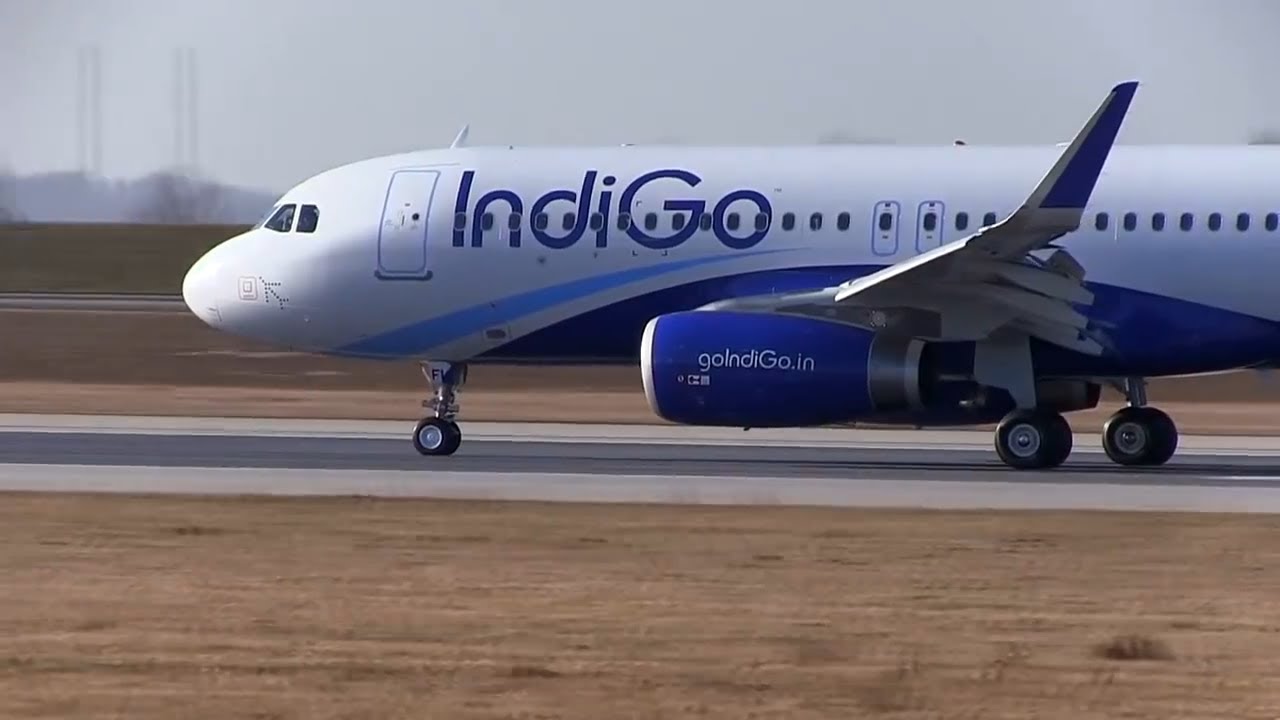SRINAGAR: Panic has set in among Kashmir tourism players after reports emerged that IndiGo, one of Asia’s biggest budget carriers, is mulling charging passengers for check-in baggage.
Bloomberg reported that the airline is preparing for a potentially fierce price war in India’s cutthroat air travel market, which is showing signs of recovery following the worst of Covid.
Tourism players who are preparing for the winter carnival in Kashmir said the new charges will sound the death knell to the fledgling sector.
“There is already a very high airfare on Srinagar sector. We have been demanding a cap on the fare. Even some foreign destinations ex-Delhi has cheaper airfare compared to Srinagar. Now if new charges are levied, it will overshoot the budget of tourists. And with the result they will cancel their bookings,” Adil Khan, vice-president, Kashmir Hotel and Restaurants Association (KHARA) told The Kashmir Monitor.
Tourism players have decided to petition the government seeking some measures to avoid a financial loss this winter. “We will call a meeting of all stakeholders and meet the divisional commissioner. The government needs to come to our rescue. We have incurred huge losses in the last two years,” said Khan.
IndiGo, operated by InterGlobe Aviation Ltd., didn’t implement the so-called unbundling of fares in February- just before a deadly wave of the pandemic hit India- even as the Directorate General of Civil Aviation ruled that carriers can start offering zero baggage and no check-in baggage fares.
Regulatory caps on fares and capacity related to Covid prevented IndiGo from taking a decision at the time, chief executive officer Ronojoy Dutta said in an interview.
“We have been talking to the government about that,” Dutta said. “We’re waiting for everything to settle down before we lock something.”
IndiGo joins Go Airlines India Ltd., which is also looking to unbundle baggage charges from air tickets to position itself as an ultra-low-cost carrier. IndiGo’s move to make ticket prices even cheaper will intensify competition among carriers known for driving fares so low they barely, and often don’t, cover costs. The crushing price wars have put many airlines out of business in what was one of the world’s fastest-growing aviation markets before the pandemic.
IndiGo is “unlikely” to raise funds through a share sale to institutional investors as previously planned, with air travel in India recovering from the worst of Covid infections, Dutta said. India in October allowed airlines to operate at 100% pre-pandemic capacity domestically, but international flights remain suspended until at least Nov. 30.
“Frankly, I don’t think we need it now because of no third wave, and revenue is coming back,” Dutta said.
IndiGo- the world’s biggest customer for Airbus SE’s best-selling A320neo jets- has no intention to fly routes such as London that require wide-body aircraft, Dutta said. While the carrier mulled over wide-body operations for a long time, it has decided it won’t compete with Vistara- a joint venture between Singapore Airlines and the Tata Group- which as a full-service carrier has a stronger foothold in the long-haul market along with Air India, Dutta said.
Even so, IndiGo will expand its international routes faster than domestic to capture the surge in traffic flowing in and out of India in the seven-hour range where there are not enough non-stop flights, including to cities including Moscow, Cairo, Tel Aviv, Nairobi, Bali, Beijing and Manila, Dutta said. International routes will account for 40% of the carrier’s capacity in five years, up from the current 25%, he said.
India’s low-cost carrier market will become crowded with billionaire investor Rakesh Jhunjhunwala’s new airline Akasa, Dutta said. State-run Air India- which is being sold to the Tata Group- along with Vistara has a “little space to themselves, which is good, and they’re separated from us” as they are going to operate as full-service carriers, he said.




